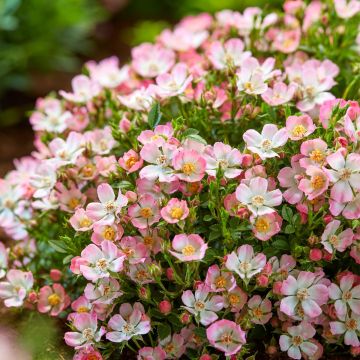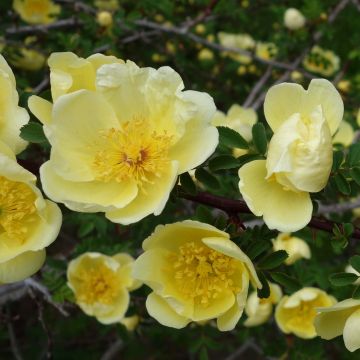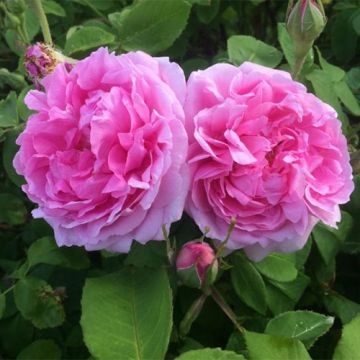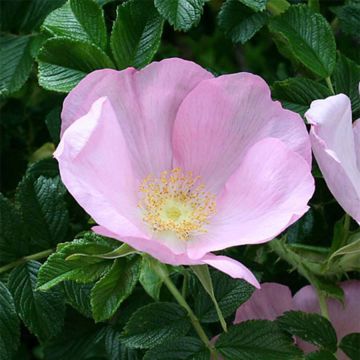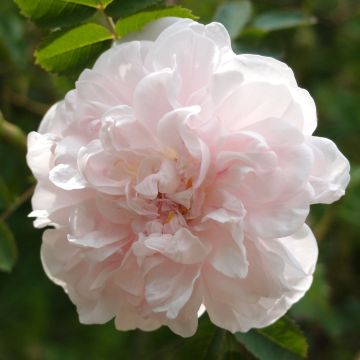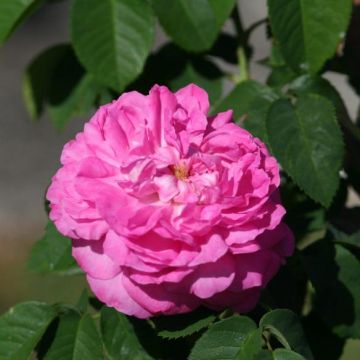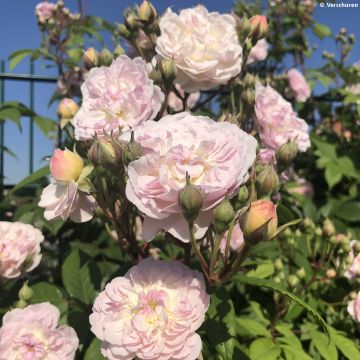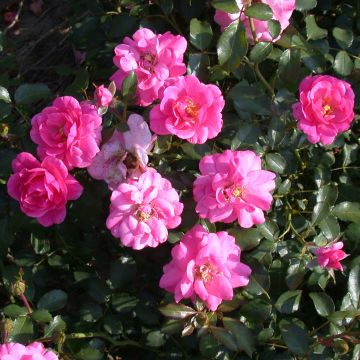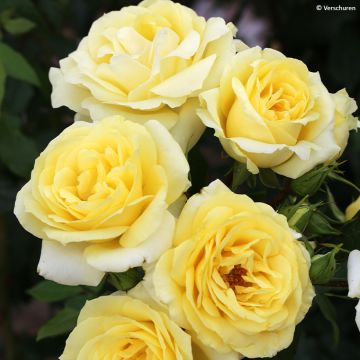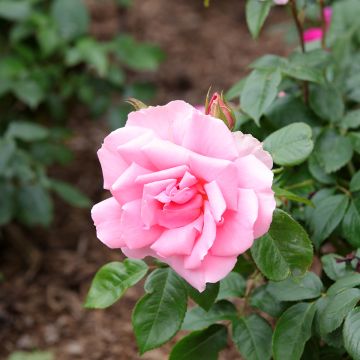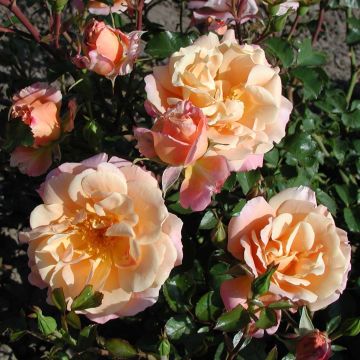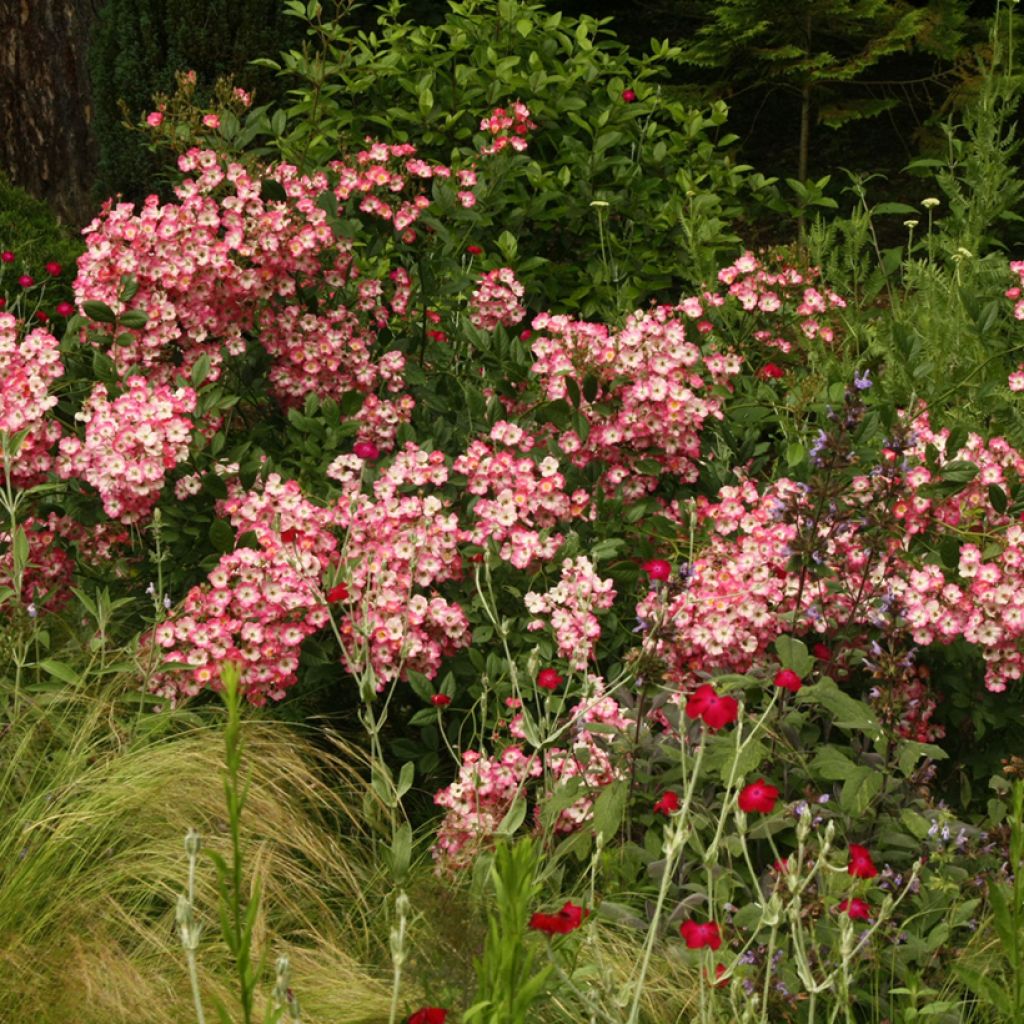

Rosa moschata Mozart - Musk Rose
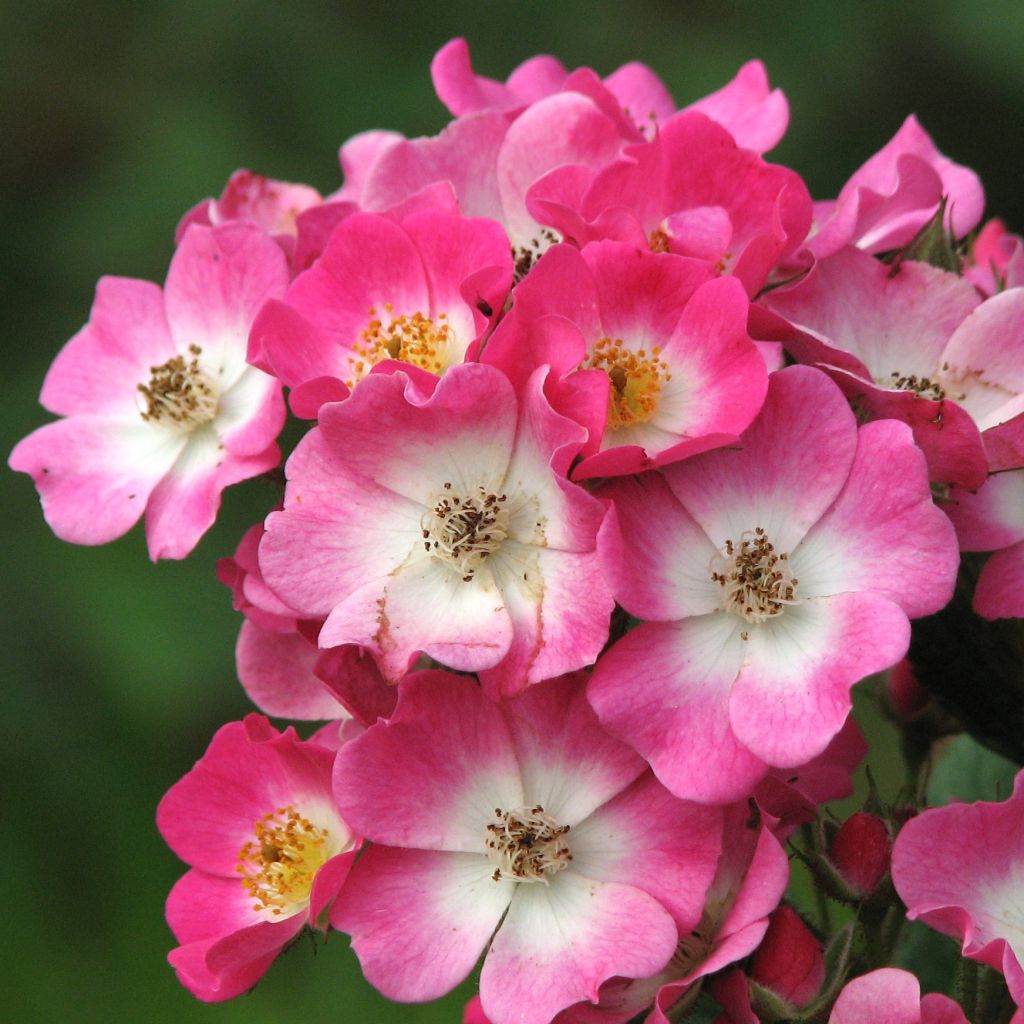

Rosa moschata Mozart - Musk Rose


Rosa moschata Mozart - Musk Rose
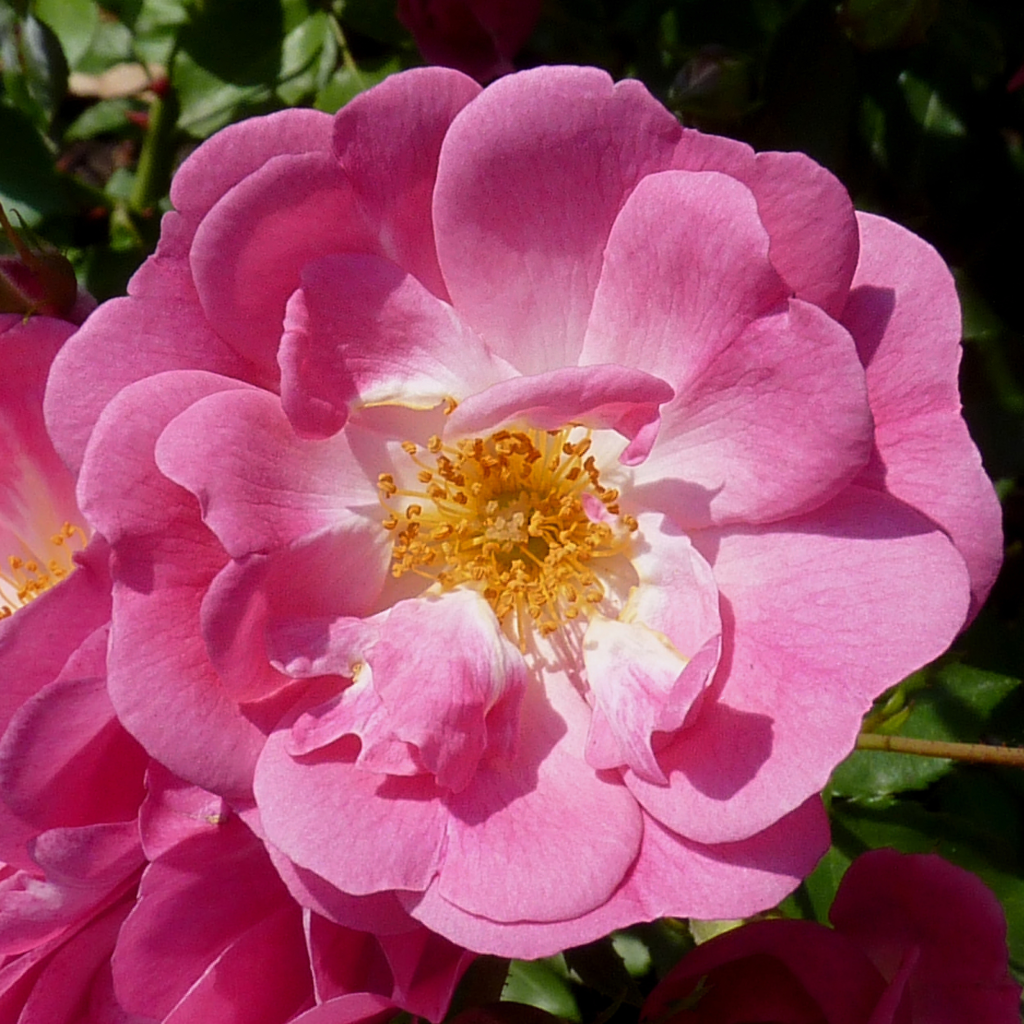

Rosa moschata Mozart - Musk Rose
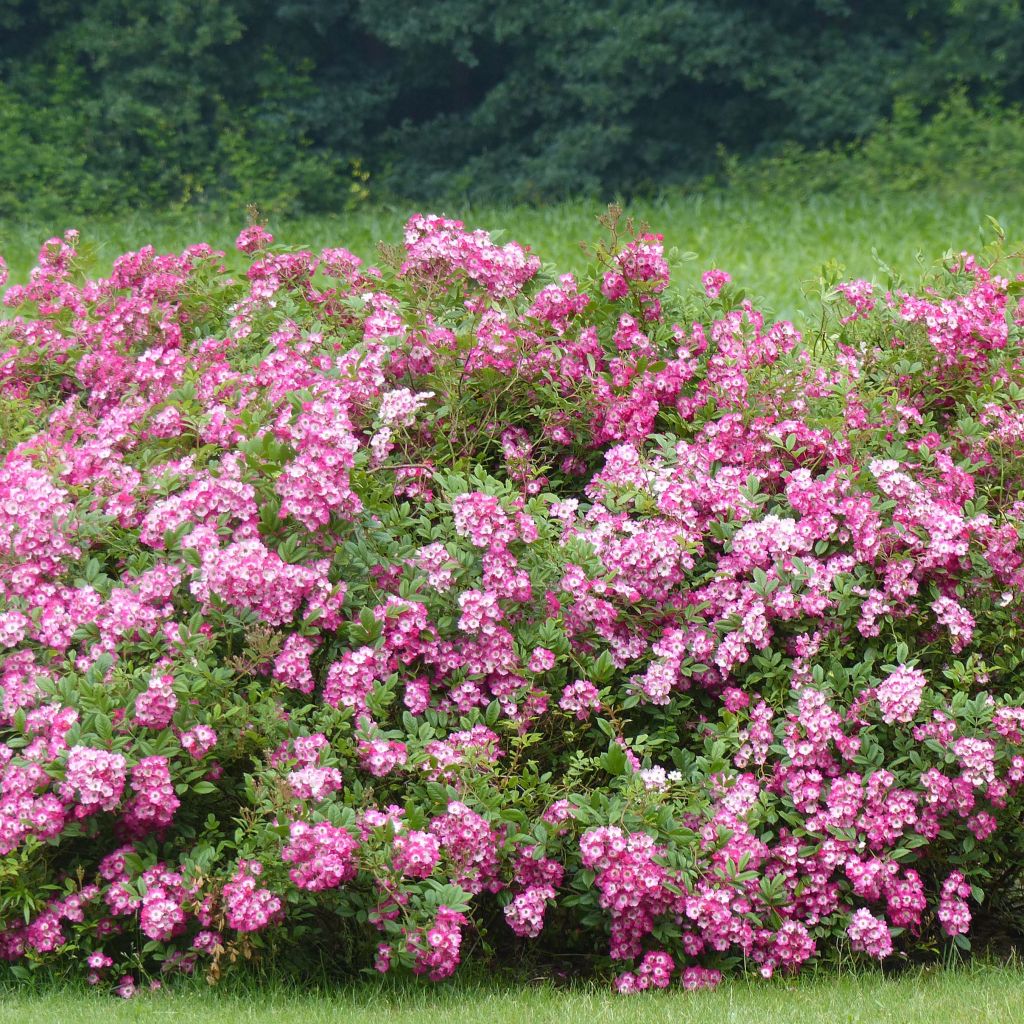

Rosa moschata Mozart - Musk Rose
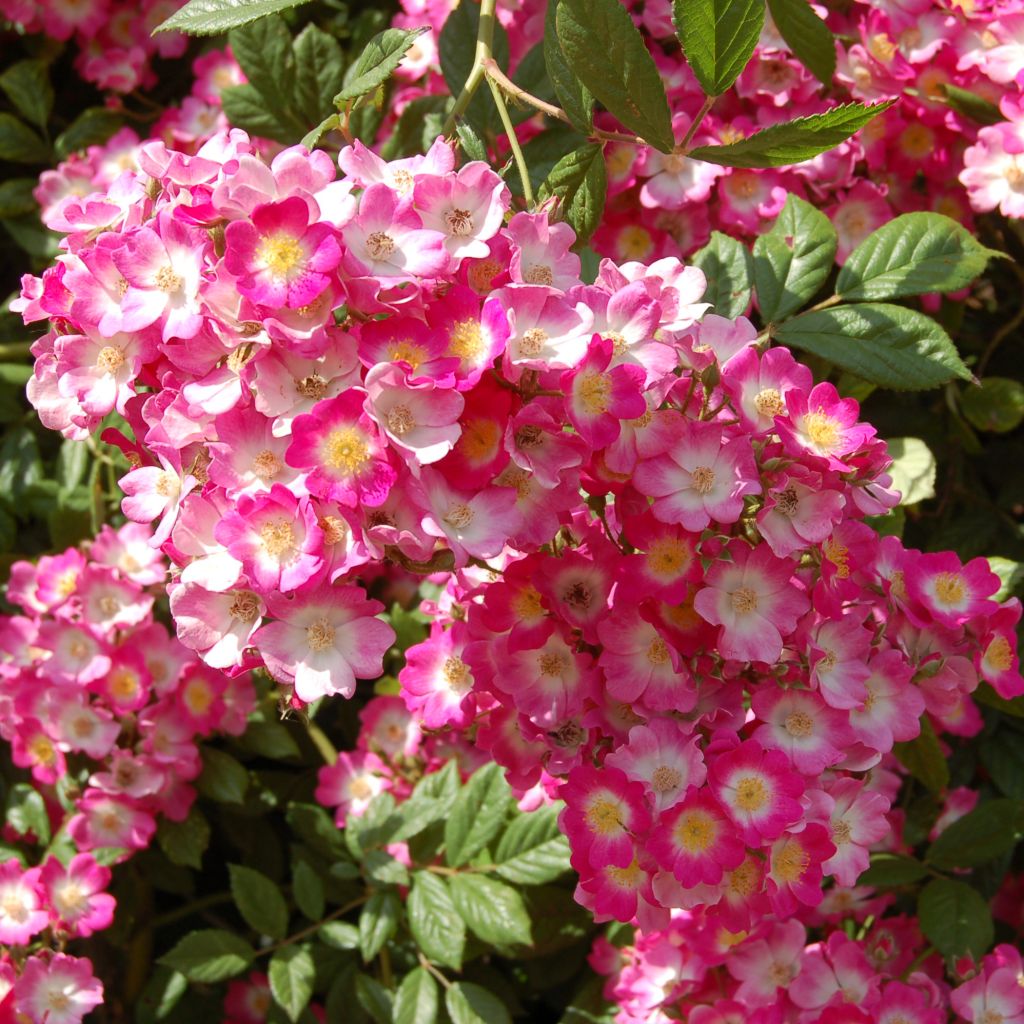

Rosa moschata Mozart - Musk Rose
Rosa moschata Mozart - Musk Rose
Rosa x moschata Mozart
Musk Rose
This item cannot be shipped to the selected country
Delivery charge from €6.90
Delivery charge from €6.90
Delivery charge from €6.90
More information
Delivery charge from €6.90
Delivery charge from €6.90
Delivery charge from €6.90
More information
Schedule delivery date,
and select date in basket
This plant carries a 24 months recovery warranty
More information
We guarantee the quality of our plants for a full growing cycle, and will replace at our expense any plant that fails to recover under normal climatic and planting conditions.
From €7.90 for pickup delivery and €6.90 for home delivery
Express home delivery from €8.90.
From €7.90 for pickup delivery and €6.90 for home delivery
Express home delivery from €8.90.
From €7.90 for pickup delivery and €6.90 for home delivery
Express home delivery from €8.90.

Does this plant fit my garden?
Set up your Plantfit profile →
Description
The 'Mozart' Rosebush, like a concerto in G major, relentlessly explodes into a thousand small bicoloured carmine pink wild roses with white centres, scattering like musical notes. They are gathered in large bouquets on a vibrant bush. Particularly resistant to diseases and fast-growing, it only lacks fragrance. Sometimes difficult to match with other roses, this whimsical rosebush is perfect as an informal hedge, in the company of spring-flowering shrubs which it will take over from. It will thrive anywhere, even in medium mountain gardens.
The Rosa x moschata 'Mozart' rosebush is not strictly speaking an old rosebush, as it was created by Lambert in 1937. Nevertheless, it has all the characteristics of an old rosebush and remains unequalled today due to its multiple advantages. Its genealogy includes the contribution of the Musk Rose (Rosa moschata). This variety forms a bush with a diffuse, arched and diverging habit, reaching a height of 1.5m (3 to 4ft) and a width of 1.3m (3 to 4 ft) approximately, sometimes more depending on the growing conditions. Its flowering is very long and continuous, from June-July to October-November. Its single and bicoloured flowers, 3cm (1.2in) wide, consist of 5 regular petals arranged in an open cup, revealing a heart of golden yellow stamens. The dominant colour is a very bright carmine pink, surrounding a central white zone. When the petals fall, white takes over the pink, forming a vaporous multicolored bouquet on the branches. Left to grow freely, it forms beautiful orange fruits (hips). The deciduous foliage is delicate and slender. Its colour is a pure and glossy light green, and its disease resistance is truly excellent.
The 'Mozart' rose adapts to all soils that are not too dry and all climates, making it suitable for a wide geographic range. Planted in mass, it will border pathways and highlight shrub beds. It will integrate perfectly into a landscaped hedge, where it will enhance the foliage of dogwoods and viburnums. It can also be associated with pretty and easy-to-grow perennials such as perennial geraniums, catmints, snapdragons, foxgloves... Left to grow freely, it will form a flowery dome with blurred shapes, delightfully romantic in front of a flowered shrub bed composed of Abelias, Kolwitzia, mock oranges, elderberries, or shrubby wormwoods for example.
Rosa moschata Mozart - Musk Rose in pictures
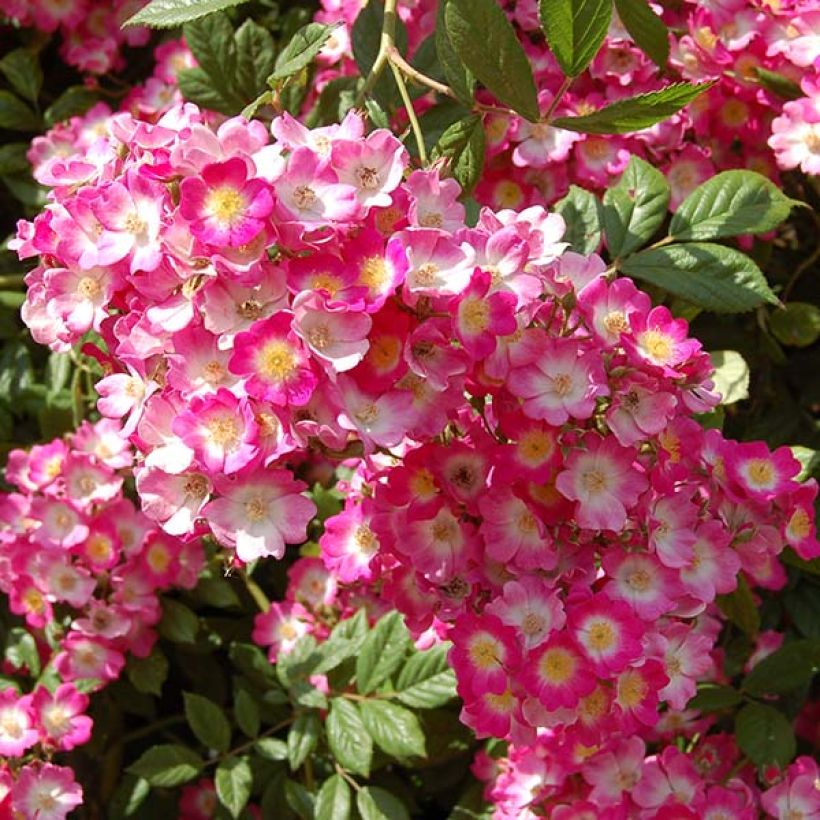





Plant habit
Flowering
Foliage
Botanical data
Rosa
x moschata
Mozart
Rosaceae
Musk Rose
Cultivar or hybrid
Rosa canina Laxa (3L/4L pot, Wrapped bare root)
Other Traditional Roses
View all →Planting and care
Plant your 'Mozart' Rose in a sunny or lightly shaded location. Old roses are tolerant but do not appreciate excessive limestone and too dry soils. They will adapt to any garden as long as the soil is well worked, not too heavy, and rich enough. To install your rose, work the soil by crumbling it and put an amendment, such as dried blood or dehydrated horn, at the bottom of the planting hole. Water generously after planting to remove air pockets. Water regularly for a few weeks to facilitate rooting.
Roses are often stained or unsightly at the end of summer, but this is not a problem for their development. These stains are not harmful to the rose; it is a natural phenomenon.
Planting period
Intended location
Care
-
, onOrder confirmed
Reply from on Promesse de fleurs
Roses by purpose
Haven't found what you were looking for?
Hardiness is the lowest winter temperature a plant can endure without suffering serious damage or even dying. However, hardiness is affected by location (a sheltered area, such as a patio), protection (winter cover) and soil type (hardiness is improved by well-drained soil).

Photo Sharing Terms & Conditions
In order to encourage gardeners to interact and share their experiences, Promesse de fleurs offers various media enabling content to be uploaded onto its Site - in particular via the ‘Photo sharing’ module.
The User agrees to refrain from:
- Posting any content that is illegal, prejudicial, insulting, racist, inciteful to hatred, revisionist, contrary to public decency, that infringes on privacy or on the privacy rights of third parties, in particular the publicity rights of persons and goods, intellectual property rights, or the right to privacy.
- Submitting content on behalf of a third party;
- Impersonate the identity of a third party and/or publish any personal information about a third party;
In general, the User undertakes to refrain from any unethical behaviour.
All Content (in particular text, comments, files, images, photos, videos, creative works, etc.), which may be subject to property or intellectual property rights, image or other private rights, shall remain the property of the User, subject to the limited rights granted by the terms of the licence granted by Promesse de fleurs as stated below. Users are at liberty to publish or not to publish such Content on the Site, notably via the ‘Photo Sharing’ facility, and accept that this Content shall be made public and freely accessible, notably on the Internet.
Users further acknowledge, undertake to have ,and guarantee that they hold all necessary rights and permissions to publish such material on the Site, in particular with regard to the legislation in force pertaining to any privacy, property, intellectual property, image, or contractual rights, or rights of any other nature. By publishing such Content on the Site, Users acknowledge accepting full liability as publishers of the Content within the meaning of the law, and grant Promesse de fleurs, free of charge, an inclusive, worldwide licence for the said Content for the entire duration of its publication, including all reproduction, representation, up/downloading, displaying, performing, transmission, and storage rights.
Users also grant permission for their name to be linked to the Content and accept that this link may not always be made available.
By engaging in posting material, Users consent to their Content becoming automatically accessible on the Internet, in particular on other sites and/or blogs and/or web pages of the Promesse de fleurs site, including in particular social pages and the Promesse de fleurs catalogue.
Users may secure the removal of entrusted content free of charge by issuing a simple request via our contact form.

































